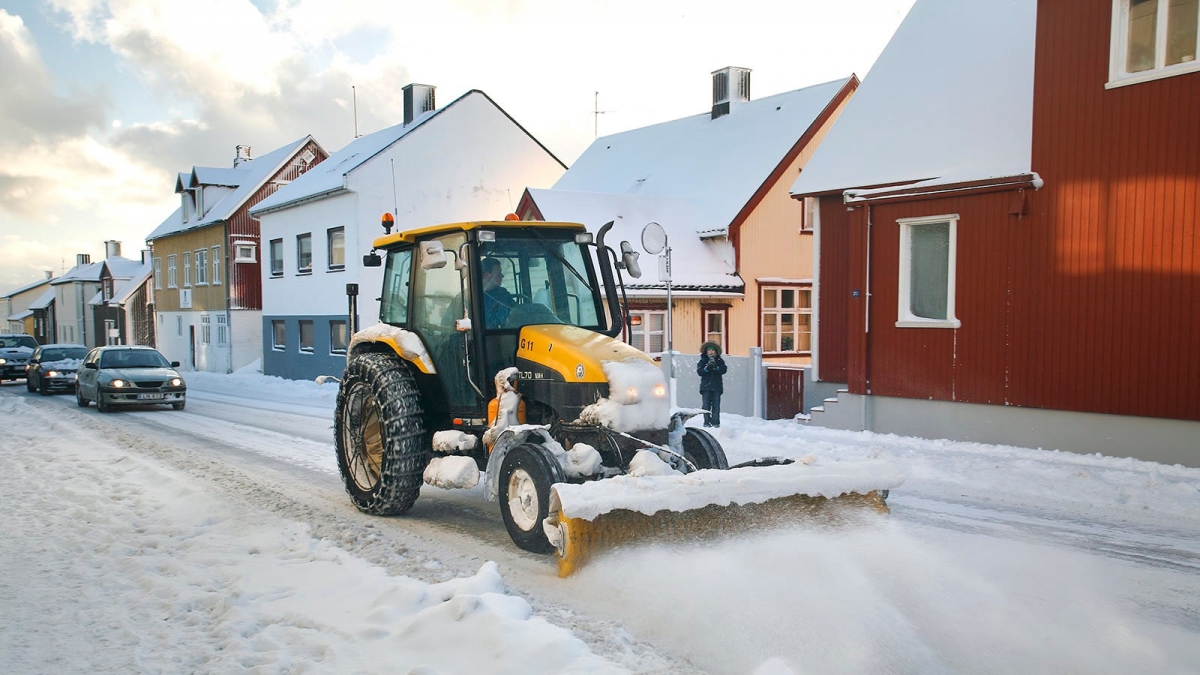Employees
11. Feb 2022
26,800 employees in January — a 1.2% growth on 2021

A total of 26,800 employees in January 2022 represents a year-on-year increase of just over 400 employees (1.2%).
The trend indicates that after numerous months of stagnation, the number of employees is now on the rise again.
[px-graph-1]
The graph above shows the employee figure plummet in April 2020, which was the first full month after the Covid-19 outbreak.
Number of working men and women growing
The graph below shows the employee number for each sex. The semi-transparent lines show the employee numbers, while the solid lines show the trend.
In January 2022, there were approximately 13,600 male and 13,200 female employees in the Faroese work force. This is a year-on-year increase of around 200 men and 200 women.
Men account for 50.8% of the work force. Women account for 49.2%.
[px-graph-2]
The industrial sectors
[px-graph-3]
[px-graph-4]
[px-graph-5]
About employees
An employee is anyone aged between 16 and 74 who earns a wage that is subject to tax at source (PAYE) and resides in the Faroe Islands at the time of wage payment. A person is regarded as an employee if he or she receives a wage payment which is no lower than a day wage for an unskilled worker, regardless of whether the wage is paid by a Faroese or an overseas company.
About the trend
The trend describes the employee trend by adjusting for seasonal effects and error components in the figures.
About the main industrial sectors
Grouped under the ‘fishery and other natural resources’ sector are the following branches: agriculture, fishing, aquaculture, extraction of raw materials, fish processing and activities not elsewhere indicated.
The ‘construction and other manufacturing’ sector includes: shipyards/machine shops, other manufacturing, construction and energy.
The ‘private services’ sector includes: trade and repair, hotels and restaurants, sea transport, other transport, communications, finance and insurance, business services. household services and organisations, culture, etc.
‘Governmental and other services’ includes: public administration and services (central administration, municipalities, education, health and social work), government institutions and the Ministries of Education and Health.